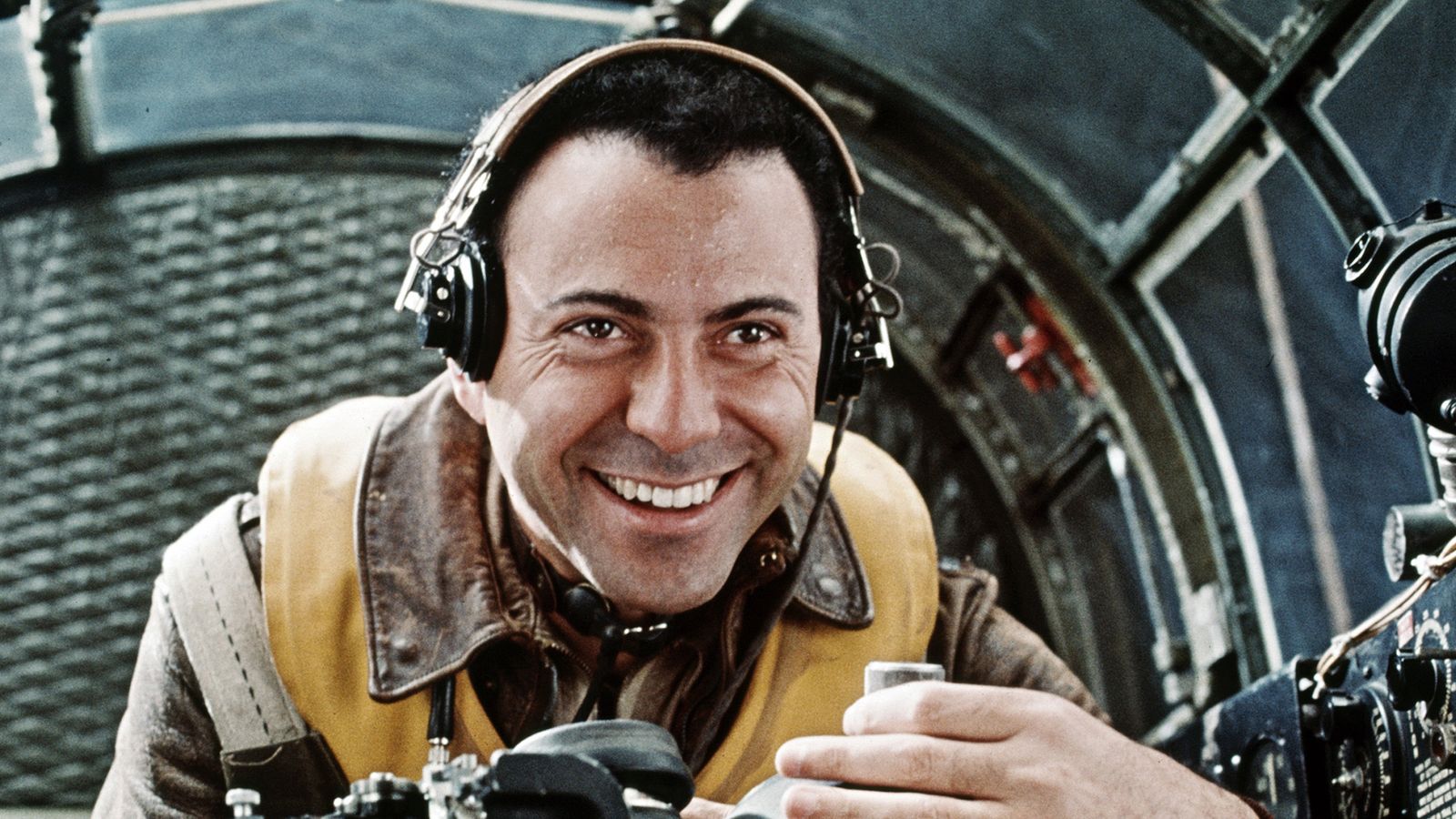A grizzly bear killed a person in a remote campsite in Montana early on Tuesday morning, police have said.
The animal is said to have previously wandered through the site before the attack, which happened between 4am and 5am.
The people of the village of Ovando – home to fewer than 100 people – were said to be “devastated” following the incident near their home.
Powell County Sheriff Gavin Roselles said: “There was an earlier contact with the bear prior to the event.
“The bear basically came back into the campsite. It wandered into a campsite a couple different times.”
A hunt is under way to find the animal, as grizzlies which fatally attack a human are normally put down.
So far, the identity of the victim has not been revealed.
Greg Lemon, a spokesperson with Montana Fish, Wildlife and Parks, said: “Our first concern is the community’s well-being. The next step is to find the bear.”
Leigh Ann Valiton, who owns the Blackfoot Inn and a general store, said the people of Ovando were “absolutely devastated” by the attack.
Tiffanie Zavarelli said it was the first fatal bear mauling that she knew of in the community.
She added: “Everybody’s pretty shaken up right now. The population here is 75 – everybody knows everybody.
“The people from Montana, we know how to be ‘bear aware.’ But anything can happen.”
The region where the attack took place – the northern Rockies – is no stranger to confrontations with bears.
Earlier this year a guide was killed by a grizzly while he was fishing along the Yellowstone National Park border in southwestern Montana.
Ovando is about 130 miles from the border with Canada, and the wilderness here is thought to be home to about 1,000 bears – the largest concentration in the US excluding Alaska.
Around 50,000 grizzly bears once lived in the western part of North America between the Pacific Ocean and the Great Plains – but the numbers fell drastically in the early 1900s due to hunting, trapping and habitat loss.
Since being designated a protected species in 1975, the bear population has started to recover.




